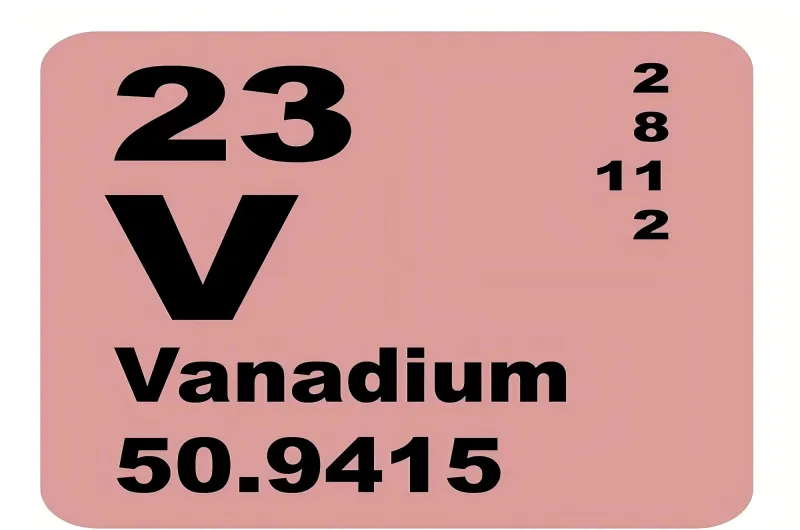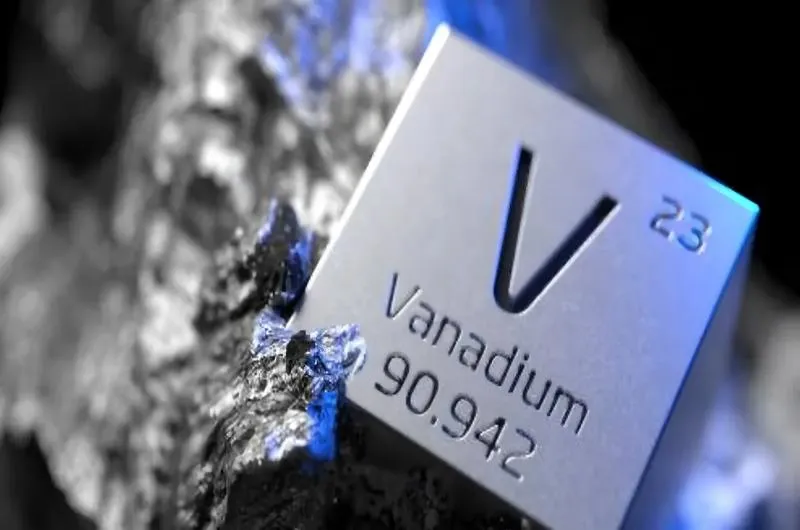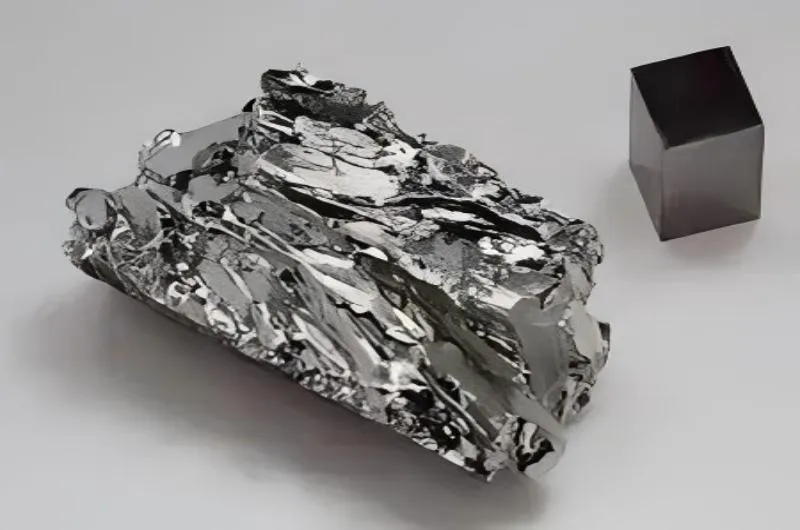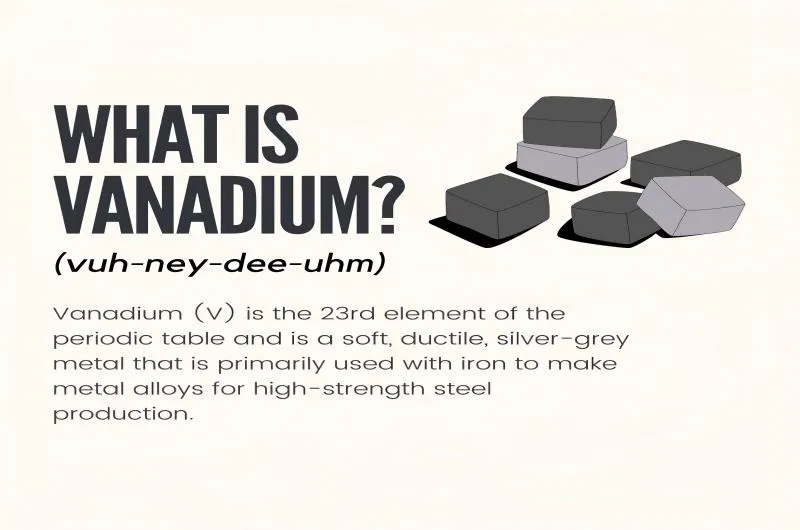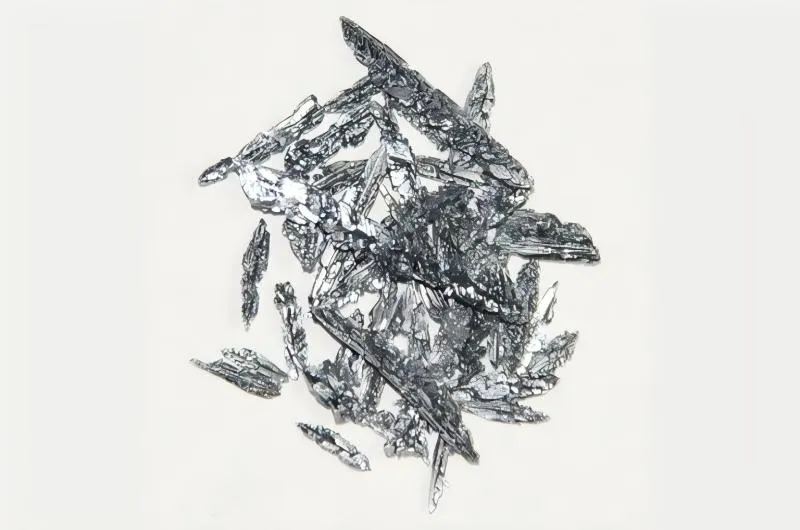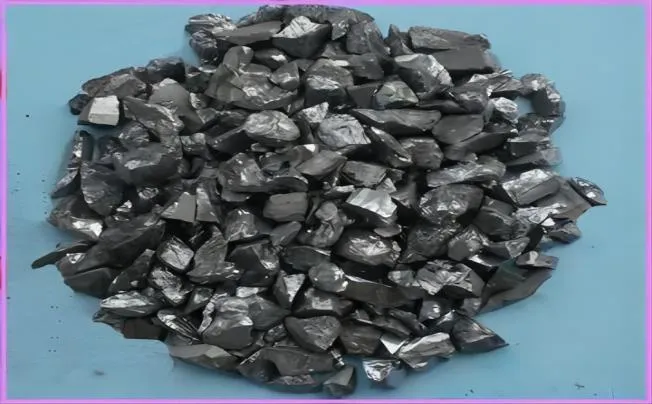BY  GENN
GENN
2024/12
Blog
Does Vanadium Raise Blood Pressure?
Vanadium is a trace mineral that plays a crucial role in various biological processes within the human body. It is found in low concentrations in various foods such as mushrooms, shellfish, and certain vegetables.
Vanadium and Blood Pressure
The Intriguing Connection
Vanadium, a trace mineral found in various foods and supplements, has garnered attention for its potential impact on blood pressure regulation. Research suggests that vanadium may influence blood pressure by interacting with key biological pathways involved in vascular function and fluid balance. While the exact mechanisms are still being elucidated, the emerging evidence points towards a complex interplay between vanadium and physiological processes that govern blood pressure levels.
Insights from Scientific Studies
Several studies have delved into the relationship between vanadium exposure and blood pressure outcomes. A notable investigation published in the Journal of Hypertension reported a significant association between higher levels of dietary vanadium intake and elevated blood pressure readings in a cohort of middle-aged adults. The findings from this study supported the notion that excessive vanadium consumption could potentially disrupt normal blood pressure homeostasis, highlighting the need for further exploration into this intriguing correlation.
Evidence Supporting the Link
Furthermore, experimental studies conducted on animal models have provided valuable insights into the potential hypertensive effects of vanadium exposure. Rodent studies have demonstrated that chronic administration of vanadium compounds can lead to increased systolic and diastolic blood pressures over time.
These findings underscore the importance of considering not only the quantity but also the duration of vanadium exposure when assessing its impact on cardiovascular health.
Health Implications
The Impact on Individuals with Hypertension or at Risk for High Blood Pressure
The implications of vanadium on individuals with hypertension or at risk for high blood pressure are a topic of significant interest and concern among health professionals. Research suggests that vanadium may have potential effects on blood pressure regulation, although the mechanisms are not yet fully understood.
For those already diagnosed with hypertension, the consumption of vanadium-rich foods or supplements could potentially worsen their condition due to its possible impact on blood pressure levels. Furthermore, individuals who have a family history of high blood pressure or other risk factors for developing hypertension should approach vanadium consumption cautiously.
While some studies indicate that vanadium may have beneficial effects on cardiovascular health, the risks associated with its impact on blood pressure cannot be ignored. Individuals in these categories must consult with healthcare providers before incorporating vanadium into their diet or supplementation routine to mitigate any potential adverse effects.
Potential Benefits or Risks Associated with Vanadium Consumption
The potential benefits and risks associated with vanadium consumption are complex and multifaceted. On one hand, vanadium has been studied for its antioxidant properties and potential cardiovascular benefits, which could be advantageous for overall health maintenance.
Some research suggests that vanadium may help improve insulin sensitivity and glucose metabolism in certain populations, which could indirectly benefit individuals at risk for high blood pressure by addressing underlying metabolic issues. On the other hand, there are concerns about the safety of long-term vanadium supplementation and its potential adverse effects on various physiological processes, including blood pressure regulation.
High doses of vanadium have been linked to toxicity in animal studies, raising questions about safe intake levels for humans. The balance between reaping the potential benefits of vanadium while avoiding its risks requires careful consideration and informed decision-making based on individual health status and needs.
While there is ongoing research exploring the relationship between vanadium and blood pressure regulation, the health implications for individuals with hypertension or at risk for high blood pressure remain a topic of debate within the scientific community.
Dietary Sources of Vanadium
Overview of Foods Rich in Vanadium
Vanadium is a trace mineral found in a variety of food sources, both plant-based and animal-derived. Some of the richest sources of vanadium include shellfish such as clams and oysters, as well as certain vegetables like mushrooms, spinach, and dill.
Other plant-based sources include whole grains like buckwheat and oats, legumes such as soybeans and chickpeas, and some fruits like apples and strawberries. While vanadium is not considered an essential nutrient for humans, it can be obtained through a diverse range of dietary choices.
Recommended Daily Intake and Considerations for Balancing Intake Levels
The recommended daily intake of vanadium for adults is not firmly established due to limited research on its specific dietary requirements. However, it is generally advised to consume vanadium in moderation to avoid potential adverse effects on health. Balancing intake levels is crucial to prevent excessive accumulation in the body, which could potentially lead to toxicity.
It’s important to note that vanadium supplements are available but should be used cautiously under the guidance of a healthcare provider. Incorporating a variety of foods that naturally contain vanadium into your diet can help maintain optimal levels without the need for supplementation.
By focusing on whole foods such as vegetables, fruits, whole grains, legumes, nuts, seeds, and seafood – individuals can ensure a balanced intake of essential nutrients including vanadium. Additionally, paying attention to food preparation methods such as steaming or roasting instead of frying can help retain the nutrient content in these foods while promoting overall health benefits.
The Intricate Mechanisms of Vanadium‘s Impact on Blood Pressure
Vanadium, a trace mineral found in various foods and supplements, has been implicated in influencing blood pressure regulation through complex physiological mechanisms. One key pathway by which vanadium may impact blood pressure is through its interaction with the renin-angiotensin-aldosterone system (RAAS), a vital regulator of blood pressure and fluid balance in the body. Studies have suggested that vanadium may modulate the activity of angiotensin-converting enzyme (ACE), a crucial component of the RAAS cascade, thereby affecting vasoconstriction and blood volume, ultimately influencing blood pressure levels.
Furthermore, vanadium has been shown to affect blood pressure regulation by altering vascular function. Vanadium compounds have demonstrated the ability to modulate endothelial function, affecting nitric oxide production and vascular tone.
Nitric oxide plays a pivotal role in vasodilation and maintaining optimal blood flow, and any disruption in its production or bioavailability can impact blood pressure regulation. By interacting with endothelial cells and vascular smooth muscle cells, vanadium may influence the intricate balance between vasodilation and vasoconstriction, thereby affecting overall blood pressure.
The Cardiovascular System Dance: Vanadium’s Influence Unveiled
The cardiovascular system serves as a central player in maintaining haemodynamic stability and orchestrating intricate mechanisms to regulate blood pressure. Vanadium’s interaction with this complex system sheds light on its potential impact on cardiovascular health. Studies have indicated that vanadium can influence cardiac contractility by modulating ion channels involved in regulating heart rhythm and contractile function.
These effects on myocardial cells can indirectly affect systemic vascular resistance and contribute to alterations in blood pressure levels. Moreover, vanadium’s influence extends beyond cardiac parameters to encompass vascular health as well.
By interacting with signaling pathways involved in vascular smooth muscle cell proliferation and migration, vanadium may impact arterial stiffness and compliance, factors closely linked to hypertension development.




